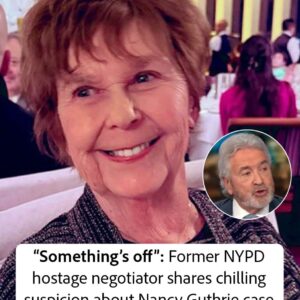Only months into his second term, President Donald Trump has once again thrown the world into turmoil—this time by authorizing massive U.S. airstrikes on Iran’s nuclear facilities. Citing Iran’s nuclear ambitions, Trump claimed the June 21 mission was a “spectacular success,” targeting sites in Fordo, Natanz, and Isfahan with 125 U.S. aircraft. The strikes marked a sharp escalation in the already fragile U.S.-Iran-Israel triangle.
Iran responded swiftly, launching missile attacks on U.S. bases in Qatar and Iraq just two days later. While Trump announced a temporary ceasefire between Iran and Israel, analysts warned that tensions remain dangerously high. The prospect of further retaliation, regional destabilization, or even nuclear confrontation looms heavily.
Trump’s national address following the strike drew massive social media attention—not for what he said, but how he said it. Viewers noted his anxious tone and body language, with many calling him visibly nervous. Critics online compared his demeanor unfavorably to past presidents during wartime, saying he looked “scared” and “uncertain” about the potential fallout of his actions.
With Iran vowing further retribution and global fears mounting, the Middle East stands on a razor’s edge. Trump’s polarizing style continues to dominate headlines, but this latest episode has sparked renewed fears about whether his decisions could trigger a wider war. As one user put it bluntly: “The world is watching—and holding its breath.”





